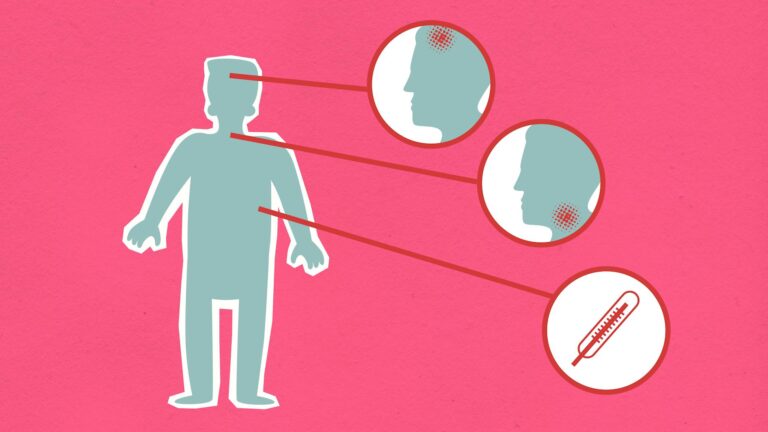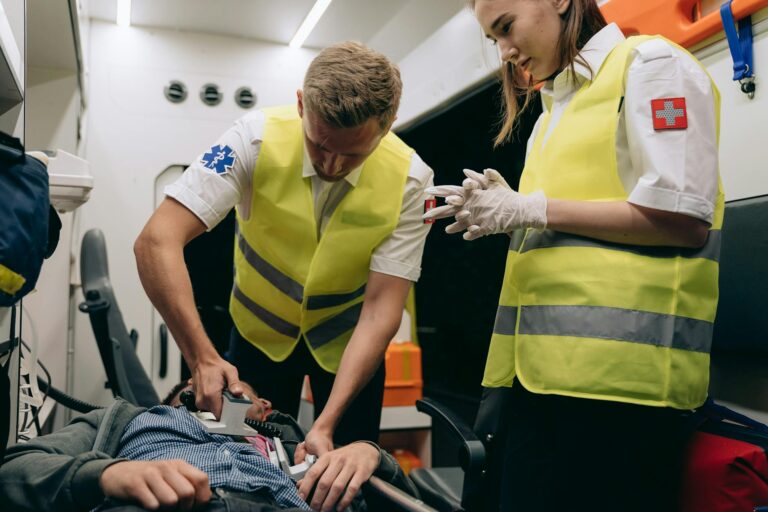When a person experiences a brain injury, such as a stroke, car accident, or a concussion, they may face a variety of challenges in their recovery process. One of these challenges is residual cognitive deficits – a term used to describe ongoing difficulties with memory, thinking, and other cognitive functions after the initial injury has healed.
Residual cognitive deficits can vary greatly from person to person and depend on factors such as the severity and location of the brain injury, age, overall health, and pre-existing conditions. Some people may experience mild residual deficits, while others may have more severe and long-lasting difficulties.
The most common cognitive deficits that can occur after a brain injury include problems with memory, attention, executive functioning, language skills, and spatial awareness. Let’s take a closer look at each of these areas and how they can be affected by residual cognitive deficits.
Memory is a complex process that involves three stages: encoding, storage, and retrieval. Encoding refers to the process of taking in new information, storage is the process of retaining that information over time, and retrieval is the ability to access the stored information when needed. After a brain injury, a person may have difficulty with any of these stages. They may struggle to remember new information or may have trouble recalling previously learned information. This can significantly impact their daily life, making it challenging to remember appointments, names, or important events.
Attention is another crucial aspect of cognitive function that can be affected by residual deficits. A person with this type of deficit may struggle to focus on a task for an extended period or get easily distracted. They may also have difficulty switching their attention between different tasks or activities. This can make it challenging to complete daily tasks, stay organized, or follow conversations.
Executive functioning involves skills such as planning, decision-making, problem-solving, and self-monitoring. Residual deficits in this area can make it challenging to prioritize tasks, set realistic goals, or make sound decisions. As a result, a person may struggle to manage their time effectively, stay on top of responsibilities, and maintain healthy daily routines.
Language skills can also be affected by residual cognitive deficits. A person may have trouble finding the right words to express themselves or understanding complex sentences. They may also have difficulty with reading or writing. This can lead to communication difficulties and may impact the person’s ability to maintain relationships or participate in social activities.
Spatial awareness refers to a person’s ability to perceive their surroundings accurately and navigate through their environment. After a brain injury, a person may experience difficulties with spatial awareness, such as getting lost in familiar places or having trouble judging distances. This can make it challenging to perform daily tasks, such as driving or cooking.
It is essential to note that residual cognitive deficits can also affect a person’s emotional and social functioning. They may experience mood swings, irritability, anxiety, or depression due to their cognitive struggles. Socially, they may have difficulty understanding social cues, maintaining relationships, or participating in social events.
The good news is that with proper treatment and rehabilitation, many of these cognitive deficits can improve over time. Occupational therapy, speech therapy, and cognitive rehabilitation programs are some of the most common approaches used to help individuals with residual cognitive deficits. These therapies focus on strengthening the affected areas of the brain and developing strategies to compensate for any deficits. Additionally, medication can also be prescribed to manage any emotional or behavioral issues that may arise.
If you or someone you know is dealing with residual cognitive deficits after a brain injury, it is essential to seek support from medical professionals and therapists who specialize in this area. It is also crucial to have a strong support system of family and friends who can offer encouragement and assist with day-to-day tasks.
In conclusion, residual cognitive deficits are a common occurrence after a brain injury and can significantly impact a person’s daily life. However, with the right treatment and support, individuals can learn to manage their deficits and improve their cognitive functioning over time. It is essential to be patient and understanding and to seek help when needed. Remember, recovery is a journey, and with determination and perseverance, anything is possible.





